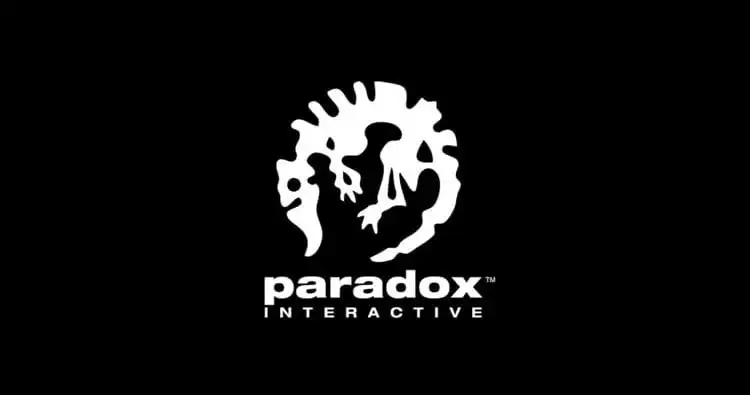Today’s news that Tencent Holdings Limited (more commonly just called Tencent) have bought 5% of Paradox Interactive may have caused a few ripples of concern through fans of the latter’s grand strategy offerings.
The fears surrounding Paradox’s decision to change from a private to a publicly traded company tended to coalesce around a possible loss of identity, or radical change in the nature of the games created and released by the studio. Tencent are responsible for operating titles like Call of Duty Online, Dungeon & Fighter, and League of Legends in China; games which are not only very different from Paradox’s catalogue, but ones driven by business models unpopular with the vast majority of Paradox players.
But it doesn’t sound as if a Chinese-only, microtransaction-fueled Europa Universalis Online is on the way. At least according to a series of answers given by Paradox’s Fredrik Wester in a forum thread created for players to ask about the latest share purchase.
The bulk of his replies are variations on the theme of “This does not change any of the operations in Paradox” and (in reference to a query about possible changes to marketing practices) “We will continue to do as we have done in the past 2 years.”
Of course, nobody enters into a deal worth around 21 million USD (that’s what Tencent had to cough up for 5.28 million shares) without the promise of some mutual benefits. From Paradox’s perspective, this would appear to be Tencent’s networks and distribution contacts in a country where the company hasn’t really made much headway. “It’s been a tough market to penetrate since China in itself is a sub-set of different markets and the games/business models have been adapted to the market” Wester writes in the previously linked thread, “We will work long term to see how our fit to China is; we are not in a hurry.” He then rules out any ‘China only’ versions of their games.
As for the 21 million USD generated by this sale of shares, Wester indicates that this is likely to be reinvested in both Paradox and external projects.
So, Paradox get a pile of money and a possible avenue into the Chinese gaming market for their grand strategy titles. What are Tencent’s intentions for this deal?
There isn’t an equivalent Q&A for their side of the transaction (nor a spokesperson as straightforward and relatively open as Wester), so their plans are harder to ascertain. However, the Paradox press release on the subject (linked above) does contain a couple of interesting quotes. Steven Ma, Tencent’s Head of Games Publishing, states that “As China’s game market further develops, players will advance to more sophisticated and complex genres such as grand strategy and simulation games,” indicating a belief that Tencent’s market may tire of simpler games and want something with significant depth.
Tencent’s Chief Strategy Officer James Mitchell, meanwhile, is quoted as saying “We look forward to teaming up with thoughtful and strategic gamers in China to discover Paradox’s deep, emergent titles.” That suggests seeking out new players that Tencent may not currently be reaching, rather than existing ones looking for a new challenge. But the intent is the same; getting Chinese players interested (or simply making them aware of) Paradox’s catalogue.
Whether there will be any kind of specific distribution or licensing deals involved in this partnership is not yet clear, but at the very least Tencent will make greater returns on those 5% of shares if Paradox game sales start booming in China.
In short, this doesn’t sound like something that will have much impact on what current fans of Paradox titles see from the company, let alone cause an existential threat. There are no plans to sell more than 15.5% of the total shares available, and Fredrik Wester will be retaining 33% (with Swedish investment company Spiltan holding another 30.5%). It can be understandably nerve-wracking when a powerful, external force takes part-ownership of a creative company, but there are no signs here that Tencent will be able to influence or shape Paradox’s future output. Nor any obvious routes to a hostile take-over. For now, that means everything should be okay.







Published: May 27, 2016 11:17 pm